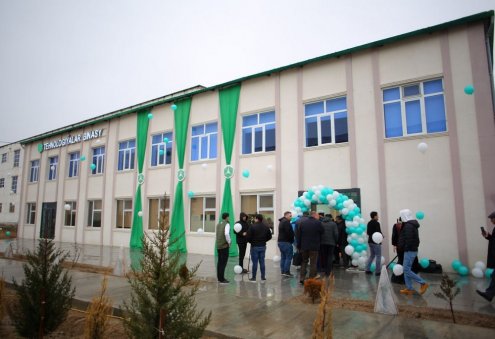In order to harness the transformative potential of the Fourth Industrial Revolution, business leaders across all industries and regions will increasingly be called upon to formulate a comprehensive workforce strategy ready to meet the challenges of this new era of accelerating change and innovation.
According to the World Economic Forum (WEF) Future of Jobs Report, technological advances are set to dominate the 2018–2022 period as drivers positively affecting business growth.
Within the set of companies surveyed, representing over 15 million workers in total, estimates indicate that 75 million jobs will be displaced by artificial intelligence (AI), robotics, and automation, but suggests that 133 million new jobs may be created as organizations shift the balance between human workers and machines: a net gain of 58 million.
It is expected that more than 70% of the companies studied by 2022 will introduce new technologies that will allow processing huge amounts of information, entering the application and web development market, work on the Internet of things (IoT) and the cloud technology. Across all industries, by 2022, growth in emerging professions is set to increase their share of employment from 16% to 27% (11% growth) of the total employee base of company respondents.
84% of companies participating in the study announced their intention to hire new employees.
This circumstance demonstrates that by 2022 the demand for analysts, employees working in the field of artificial intelligence and robotics, trade and marketing specialists, as well as IT programmers, experts on renewable energy sources, and experts monitoring the transition to a digital system will increase even more.
According to the WEF report, prepared with LinkedIn, the employment of Software Developers doubled in 2013-2017 period. In Central Asia, this figure is even greater. Improving the digital system and attempts to fully technologize everyday life have led to an increase in demand for specialists and an increase in the requirements for them.
A Central Asian region study by the WEF revealed that until 2022, 91% of companies plan to introduce technologies into production that will allow them to process and use large amounts of information. The WEF estimates that 83% of companies will begin to apply software innovations, 77% - automated technologies that allow them to work in a cloud information system, 50 - 60% - virtual reality technology, 3D printing, web marketing, unmanned vehicles and robots.
Thus, even more opportunities and prospects will open for Software and Applications Developers, Big Data Analysts and Scientists. The products of their activities, in turn, will increase the demand for specialists in the field of trade and finance.
The requirements for specialists who want to work in place combined with new technologies will also change. The companies will prioritize candidates with skills like creativity, initiative, and negotiation when hiring.


















